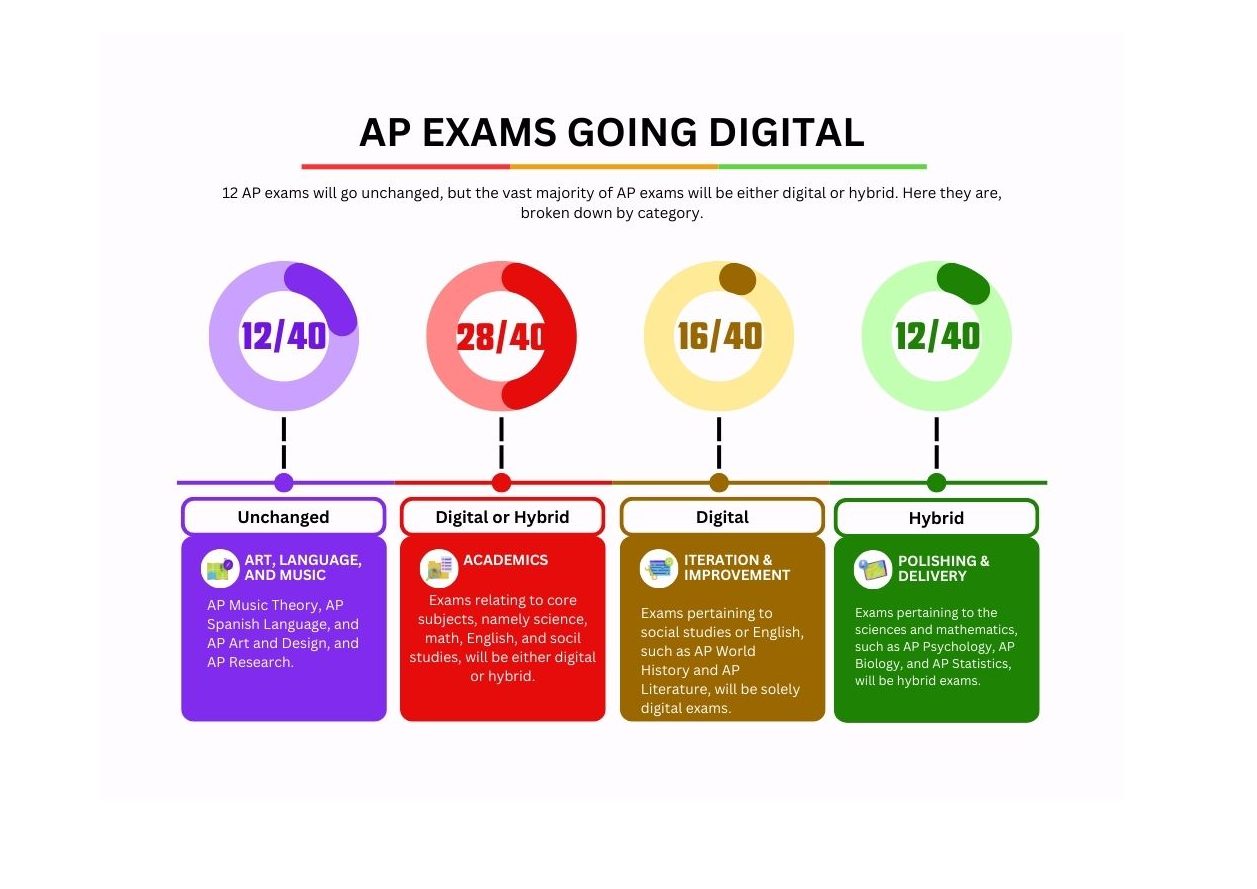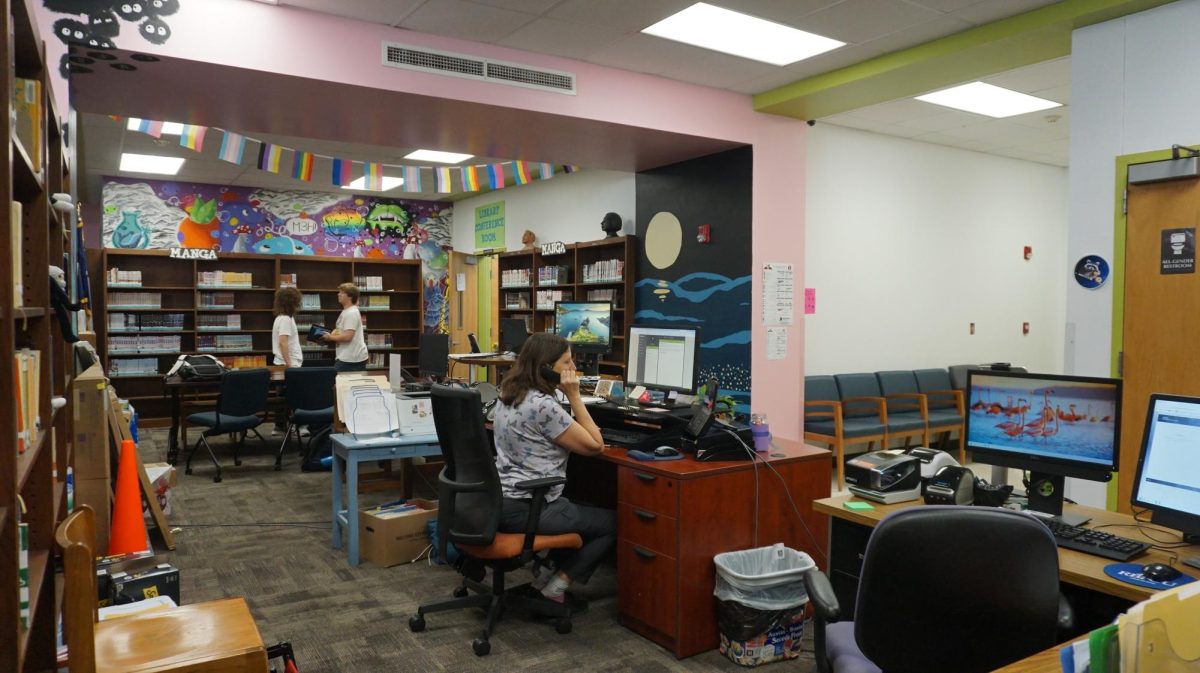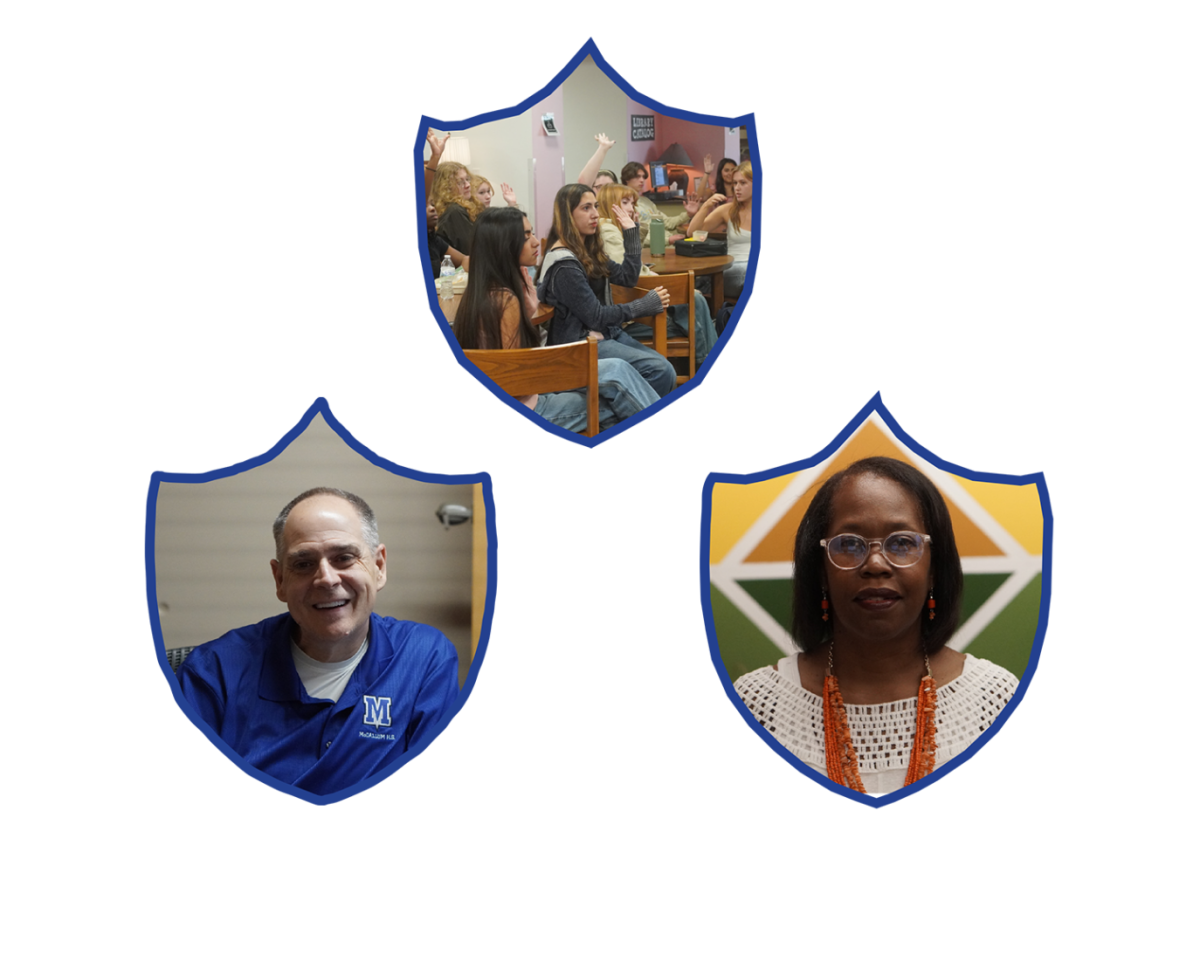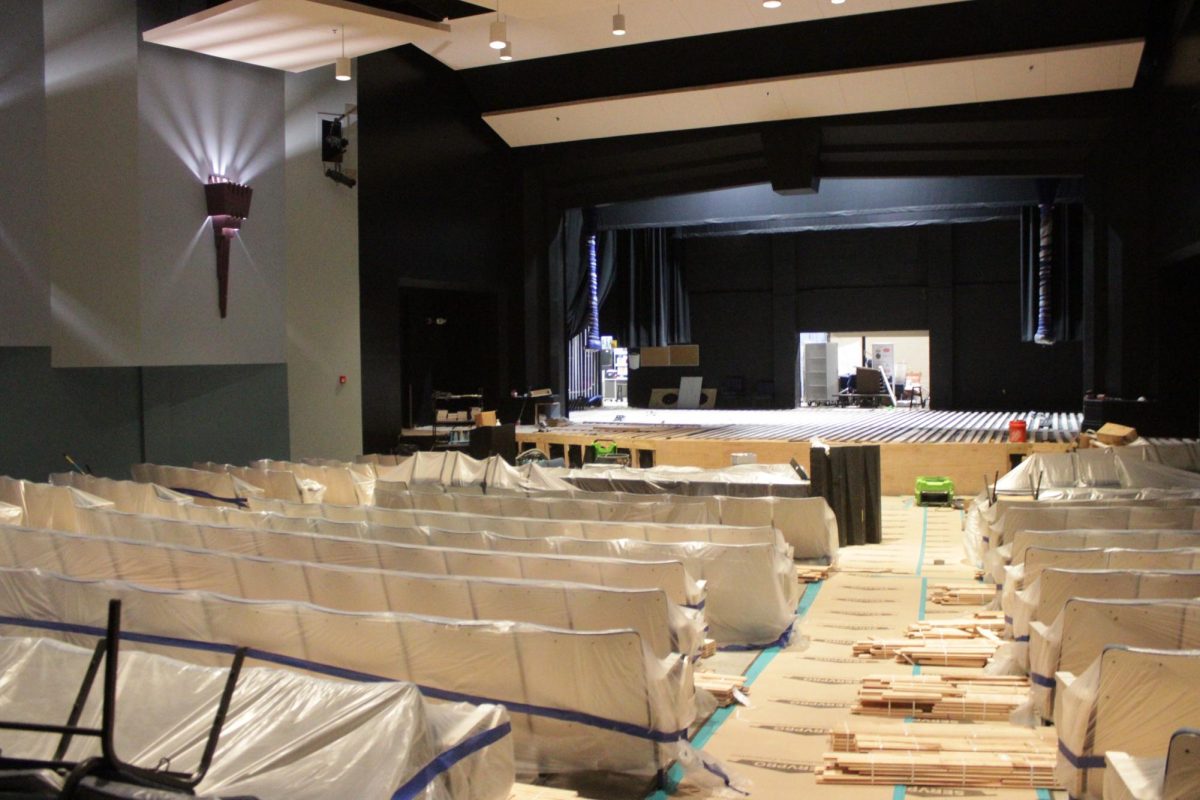College Board announced in July that it has decided to replace the analog AP test format for 28 out of 40 exams with digital and hybrid tests through the testing application Bluebook. The College Board said it was making the switch to digital format to achieve better time efficiency for students, user-friendliness and technological equity.
According to high-ranking College Board officials, however, the primary reason for the change, however, is because the College Board had to cancel an unusually high number of AP scores in 2024 due to a leak of testing materials.
“We saw a rise in bad actors compromising AP Exam content for financial gain,” Trevor Packer, head of the AP program, said in a statement released to the public. “We were able to avoid large-scale cancellations only because none of the compromised material was distributed broadly. But we believe that paper AP testing will continue to be vulnerable to theft and cheating.”
While they made up less than 1% of scores, canceled scores increased considerably after May 2024, when a number of test materials were leaked online in a major security breach. The incident led to a complete overhaul of paper assessments in favor of digital assessments that College Board can closely monitor.
“We are reexamining the delivery of our exams to thwart theft and cheating and thereby avoid more widespread cancellations in the future,” Holly Stepp, the College Board’s executive director of media relations, wrote in an email to Inside Higher Ed. “Digitally administered AP Exams are much more secure than shipping paper exams in boxes to thousands of locations weeks in advance.”
Sixteen of the exams will be fully digital. These exams fall into the arts and humanities category, with exceptions being AP Computer Science A, AP Computer Science Principles and AP Environmental Science. Twelve will be hybrid exams—virtually all math or science—ranging from AP Calculus classes to AP Biology. For arts, language and music AP tests, the audio components of the tests will remain unchanged.
As of now, College Board has not notified teachers of any changes in preparation, but McCallum’s AP U.S. History teachers—Jennifer Richter and Clifford Stanchos—are considering adjustments in preparation to better prepare their students to be ready for a digital AP exam in U.S. history.
“Mr. Stanchos and I are mostly talking about how we can create a system so that [students] can use scratch paper to work most effectively,” Richter said.
According to Stanchos, typing speed will be of utmost importance in the new format.
“I did see an email from AP Classroom that said they were adjusting some things to make the practice exams closer to Bluebook,” Stanchos said. “However, some of my students are at a disadvantage because they don’t have a quick typing speed. There are some websites where you can practice typing. I was considering making my students practice before the exam.”
The teachers’ primary concern, above all, regardless of subject, is annotations. Historically, Richter said, students have been incredibly reliant on annotations, particularly for document-based questions, which require citations and a thorough analysis of documents following a rubric.
“I am the most concerned with the writing,” Richter said. “We’ve been so dependent on annotating documents and planning documents by hand. It’s a lot to keep in your head after a grueling, long exam.”
AP Statistics teacher and College Board consultant Richard Cowles agrees. For him, annotating problems is a crucial component of facilitating student understanding.
“Especially with stats, and calc as well, you kind of want to ‘touch the problem.’ And with this [digital format], you can’t,” Cowles said.
Cowles is also concerned with student ease of use and upcoming guidelines for hybrid exams.
“College Board promises that they’re going to give us practice, but the only things they’ve sent out are information on completely digital exams. The hybrid exams are supposed to be coming out soon-ish, but I’m anxious to see what that looks like.”
Cowles remains optimistic. In his view, the new format is unlikely to affect students with learning disabilities or other accommodations.
“If you start 30 seconds behind the person next to you, you get that other 30 seconds. I’m pretty sure the accommodations that are going to be built in will take care of that, “Cowles said. “This year, unfortunately, I’m worried there’s going to be some tough love, and we’ll have to handle the fallout.”
Cowles also rejects the idea that digitization will considerably impact scores unless there’s an emergent testing disparity between this and previous years.
“On AP Stats, it’s usually about 12-13% that get fives, so if they’re at 10%, they’re going to be like, ‘What’s going on?’ so they’ll either adjust the cutoff or investigate the formatting,” Cowles said.
Ultimately, students will have to wait until further notice from College Board on the ramifications of digital exams on preparation, similar to the previous year’s introduction of the Digital SAT, which was also specifically created to combat cheating and to increase relevance. Students will have to request paper accommodations from College Board.








